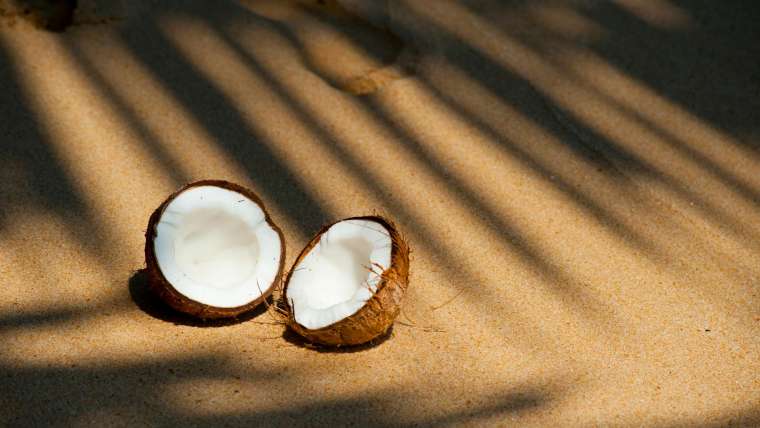Discover the secrets to conquering cold sores once and for all with our comprehensive guide to treatment and prevention.
Table of Contents
Welcome to the ultimate guide on how to effectively treat and prevent cold sores. Cold sores, also known as fever blisters, are small, fluid-filled blisters that typically form around the lips or mouth. These pesky sores are not only unsightly but can also be uncomfortable and even painful. But fear not! With the right information and proactive measures, you can combat cold sores and keep them at bay for good.
Understanding Cold Sores
Cold sores are caused by the herpes simplex virus (HSV), primarily HSV-1. This virus is highly contagious and can be easily spread through direct contact with an active sore. Once infected, the virus remains in your body for life, lying dormant until triggered by various factors like stress, fatigue, or exposure to sunlight.
Treating Cold Sores
When it comes to treating cold sores, the key is to act quickly at the first sign of a tingling sensation or redness. Over-the-counter antiviral creams or ointments can help speed up the healing process and reduce the severity of the sore. Additionally, oral antiviral medications may be prescribed by your healthcare provider for more severe cases or frequent outbreaks.
It’s essential to keep the affected area clean and dry to prevent secondary infections. Avoid picking or scratching the cold sore, as this can prolong healing time and increase the risk of scarring.
Home Remedies and Natural Treatments
Many people find relief from cold sores using natural remedies. Applying ice to the sore can help reduce pain and swelling. Aloe vera gel is also known for its soothing properties and can promote faster healing. Certain essential oils, like tea tree oil or peppermint oil, possess antiviral properties that may help combat the herpes virus.
Some individuals report success with lysine supplements, an amino acid that may inhibit the growth of the virus. However, always consult with a healthcare professional before trying any new supplements or alternative treatments.
Preventing Cold Sores
Prevention is key when it comes to cold sores. Avoiding triggers, such as stress, sunlight exposure, and illness, can help reduce the likelihood of outbreaks. Practicing good hygiene, including regular hand-washing, can also help prevent the spread of the virus to other parts of your body or to other people.
| Treatment Method | Description | Effectiveness |
|---|---|---|
| Over-the-counter creams | Topical creams containing antiviral medications to help reduce symptoms | High |
| Prescription antiviral medication | Medication prescribed by a doctor to help prevent outbreaks or shorten duration | Very High |
| Natural remedies | Using items like tea tree oil or aloe vera to soothe the sore | Varies |
| Ice packs | Applying a cold compress to the sore can help reduce pain and swelling | Low |
Many over-the-counter lip balms contain SPF to protect against sun exposure, which can be a significant trigger for cold sores. Using lip balms with SPF daily, especially during prolonged outdoor activities, can help lower the risk of developing cold sores.
When to Seek Medical Attention
In most cases, cold sores can be effectively managed at home. However, there are instances where a visit to your healthcare provider is necessary. If your cold sore does not improve within a week, is very large or painful, or is accompanied by other symptoms like fever or swollen glands, seek medical attention promptly.
Conclusion
Cold sores may be a common nuisance, but armed with the right knowledge and strategies, you can effectively treat and prevent them. Remember to be proactive, take good care of your skin, and prioritize your overall health and well-being. By incorporating these tips into your daily routine, you can keep cold sores at bay and enjoy clearer, healthier skin.
FAQ
Can cold sores be cured completely?
Answer 1: Unfortunately, there is no cure for the herpes simplex virus that causes cold sores. However, with proper treatment and prevention measures, you can manage and reduce outbreaks.
Are cold sores contagious?
Answer 2: Yes, cold sores are highly contagious, especially when the sore is active and oozing fluid. Avoid direct contact with the sore to prevent spreading the virus to others.
How long do cold sores typically last?
Answer 3: Cold sores typically last for about 1-2 weeks, depending on the severity and individual immune response. Early treatment can help shorten the duration and alleviate symptoms.
Is it normal to have recurring cold sores?
Answer 4: Yes, it is common for the herpes simplex virus to lie dormant in the body and reoccur during times of stress, illness, or other triggers. By identifying and avoiding these triggers, you can reduce the frequency of outbreaks.





